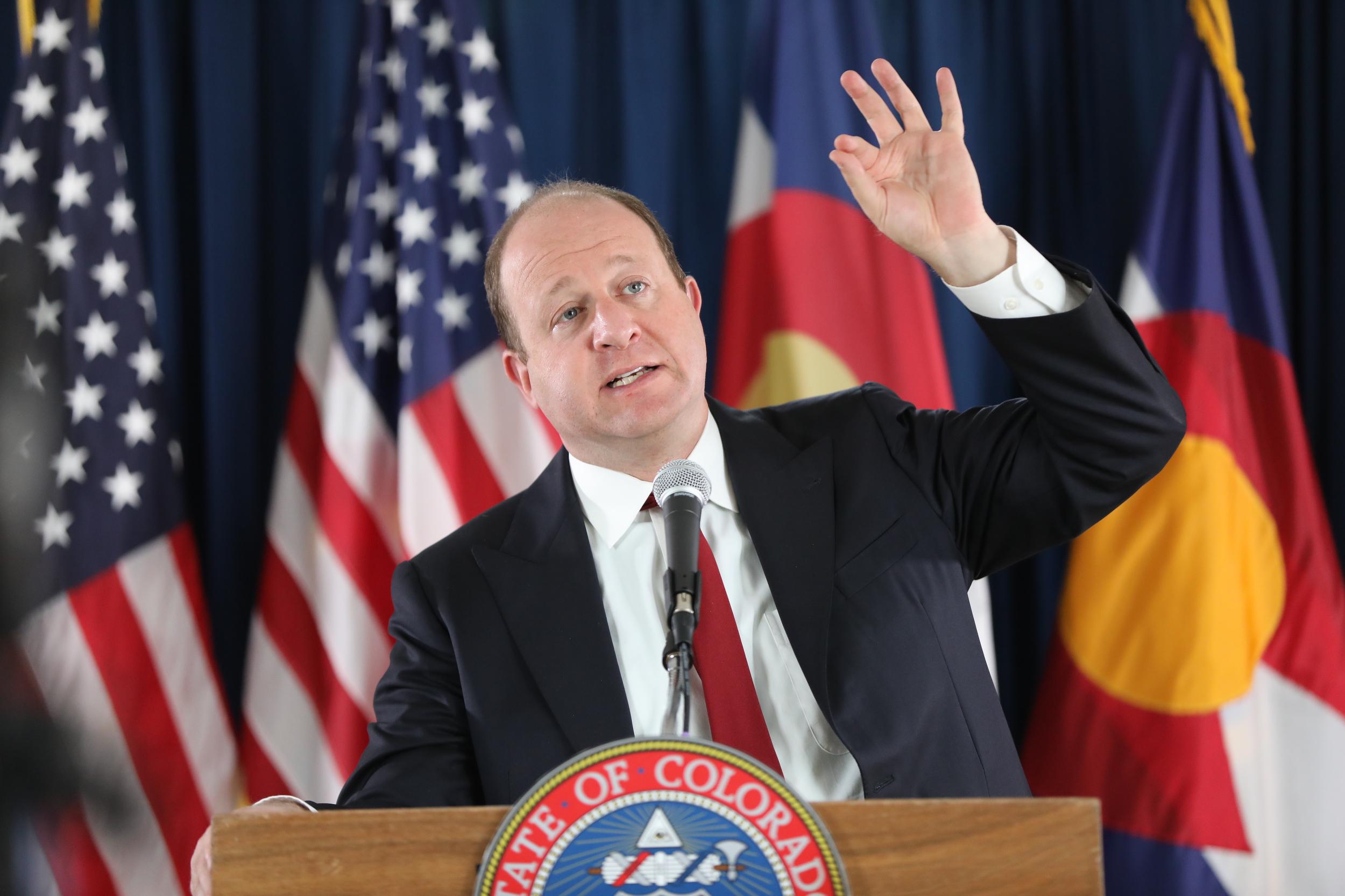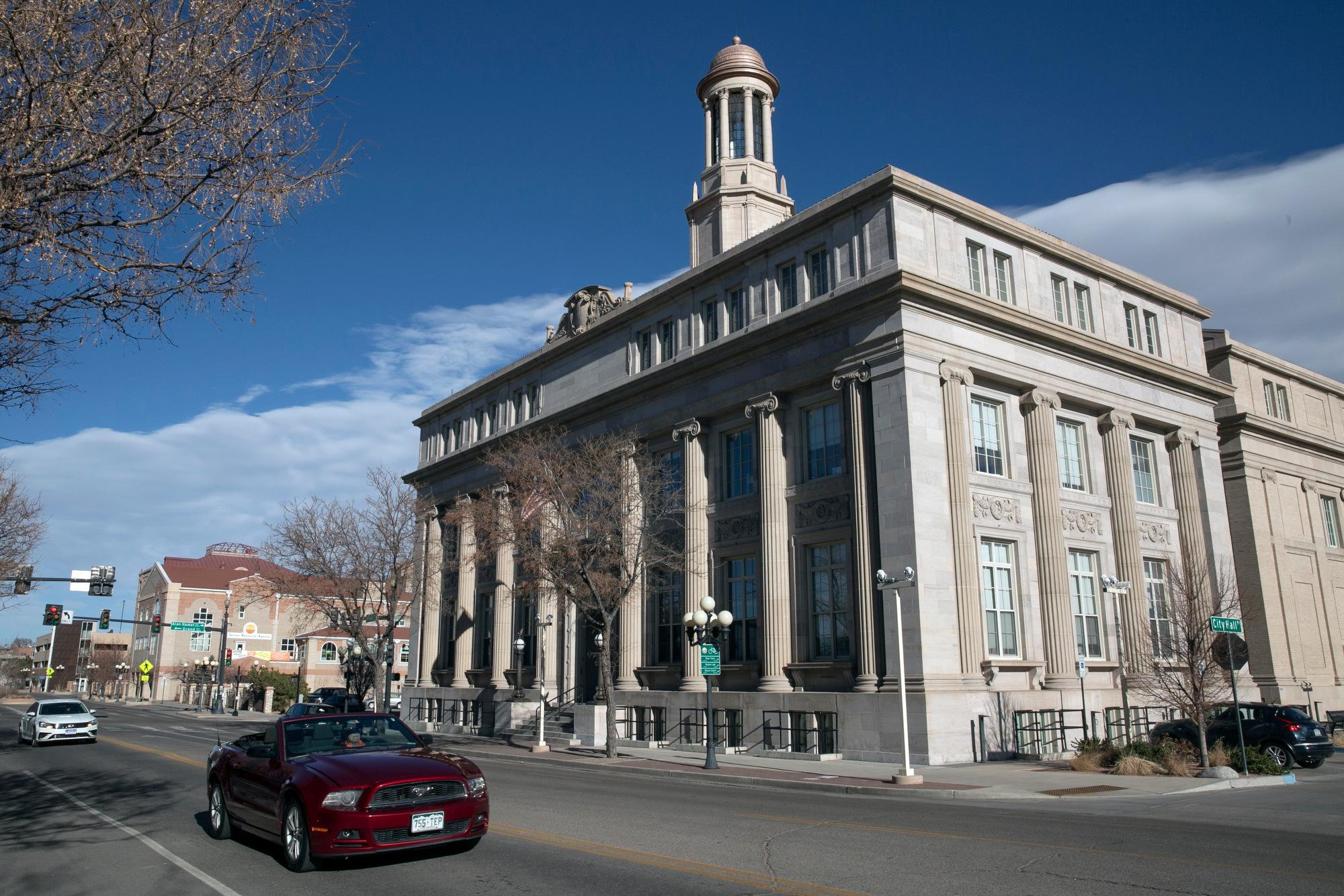
Colorado epidemiologists said Wednesday afternoon that they're not seeing a big increase in COVID-19 cases like other states have since Colorado transitioned to its "safer-at-home phase," opening restaurants, gyms and other businesses.
"We’re really at a place that's a bit tenuous," said state epidemiologist Rachel Herlihy. "We’ve been fortunate here in Colorado to suppress this virus and have low levels of transmission. There are a number of our neighboring states experiencing increases."
Seven other Western and Southern states like California, Arizona and the Carolinas have recently reported high rates of hospitalizations.
Data shows that Colorado saw its lowest number of COVID-19 cases since the state peaked in April on June 7, followed by an increase on June 14, Herlihy said.

The state’s R-naught value, which is the average number of people infected by a single case of COVID-19, has gotten closer to 1 over the last few weeks, Herlihy said. If that number increases then Colorado could potentially see an increase in transmission of the virus.
Coloradans should still wear face masks and practice social distancing to ensure the state doesn't see a spike, Polis said.
"All of our gains could be reversed very quickly if we're not careful," he said. "Really the best advice is, as you're interacting with people, whether they're neighbors, friends, or you're going to the store, just act as if everybody might have coronavirus."
The governor also also encouraged people to limit the number of people they're close to during Fourth of July celebrations and avoid attending large gatherings.
"We don't want this to be the type of setback that Memorial Day was in Florida," he said. "For this Fourth of July, stay with your immediate family."
Polis also announced new rules allowing for outdoor visitors to residential care facilities. Visitors must schedule a visit beforehand and be screened for potential exposure to COVID-19. But outdoor visits won't require a test.
At the beginning of June, the state announced its "Lifeline Pass," which would allow outside visitors inside elder care facilities if they tested negative for the virus. Polis has not yet set a start date for the plan. State health orders in March had banned visitors to nursing homes and assisted living centers.
"We know how deadly this virus is in our nursing facilities," Polis said. "We know you want to see your loved ones and they want to see you."
This is a developing story and will be updated.









